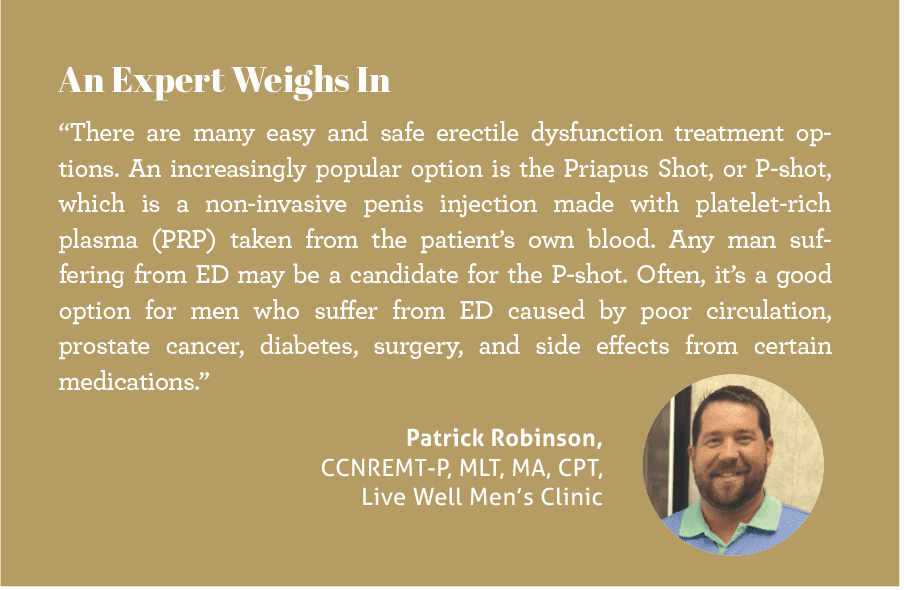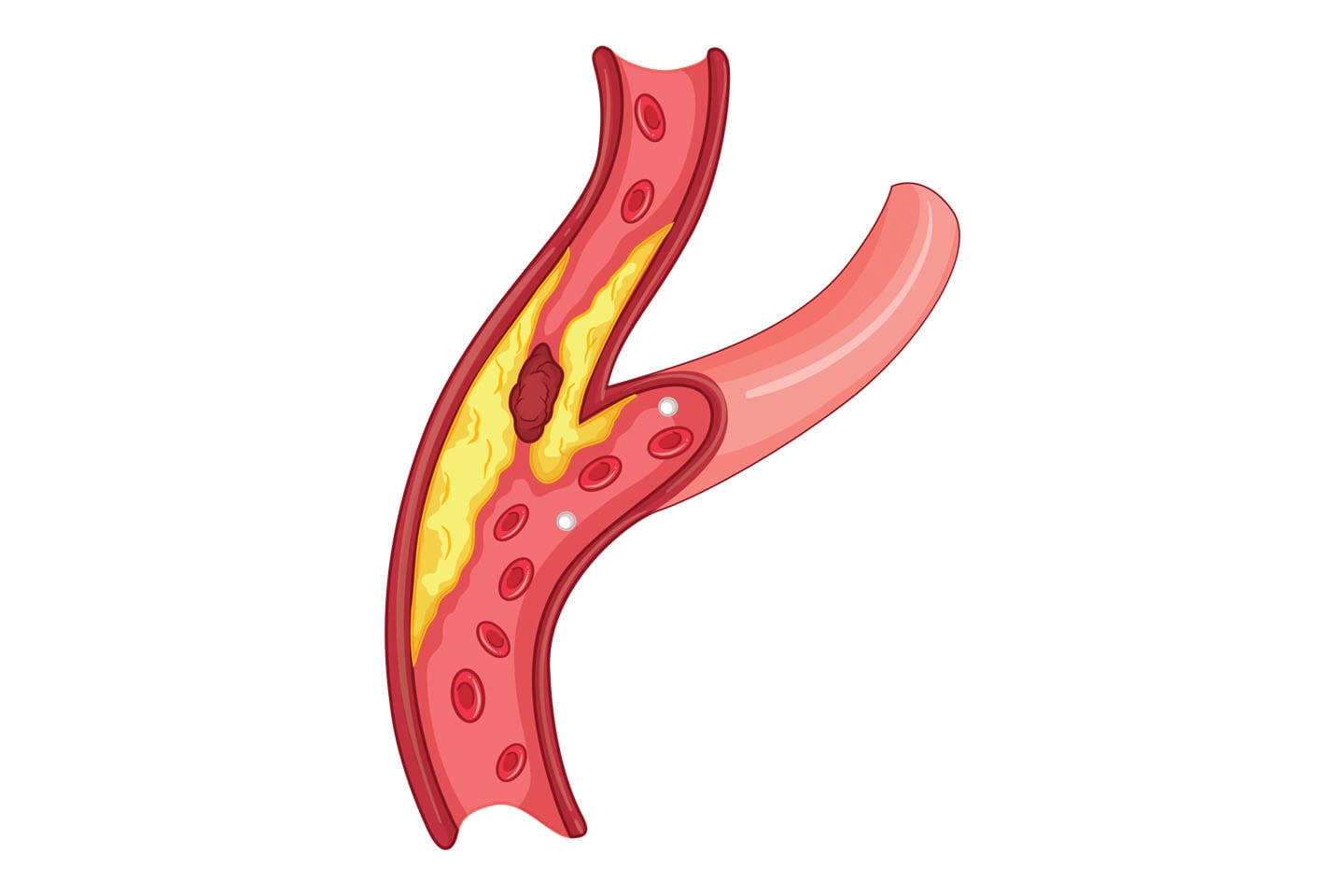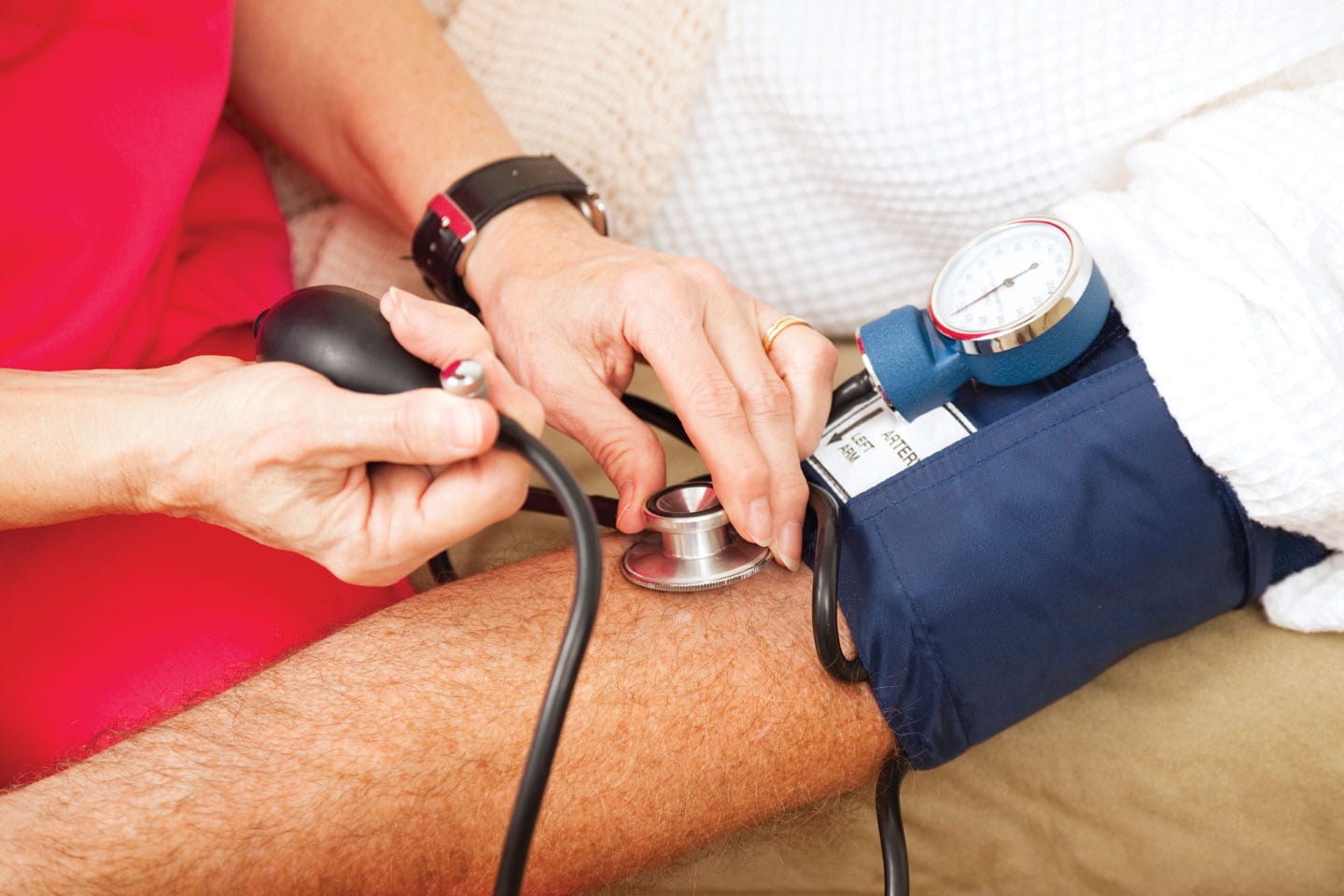
What is ED?
ED is described as a consistent inability to achieve or maintain an erection adequate for sex. ED is not considered a disease; rather, it’s more of a sign that something else is wrong.
Does Age Play a Role?
Contrary to a common misconception, age itself isn’t the cause of ED. While older men may need more stimulation, they should still be able to achieve an erection. However, risk of ED does increase as you get older. Research shows that by age 70, 68% of men will have experienced ED.
What Causes It?
In the past, most people believed ED was due to psychological issues. However, today’s urologists say physical factors are involved in the vast majority of cases in which ED is a persistent problem.
Common causes of persistent ED include use of certain prescription medications, male hormone deficiencies, spine disorders, high cholesterol, high blood pressure, diabetes, and pelvic surgery (prostate, bladder, or colon surgery). The more of these factors a man has, the more likely he is to suffer from ED.
That being said, ED can be psychological in nature too. For example, many men in stressful, failing relationships suffer from ED, as well as those in stressful life situations. Additionally, a man who begins to struggle with ED can develop a sense of pressure and performance anxiety, and this can only make his ED worse.
How is it Treated?
Your doctor can determine the best treatment for you based on what’s causing your problem. Oral medications for ED – like Viagra, Cialis, and Levitra – are a successful treatment used by many men. Other men benefit from direct penis therapies, in which medication is injected into the penis or inserted into the urethra to increase blood flow. Still others may benefit from penis pumps, penile implants, blood vessel surgery, and/or psychological counseling.
Some men have erectile dysfunction that may be complicated by low levels of the hormone testosterone. If testing shows you have low testosterone levels and hypogonadism (a condition where your body does not produce enough of the hormone), your doctor may recommend testosterone replacement therapy through injections, skin patches, gels or tablets placed between the cheek and gums.


See Related Articles







